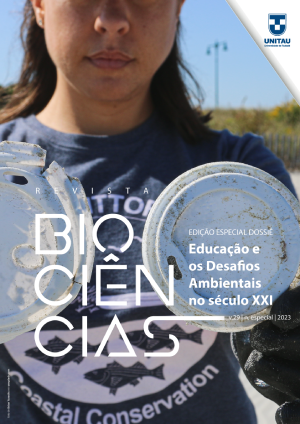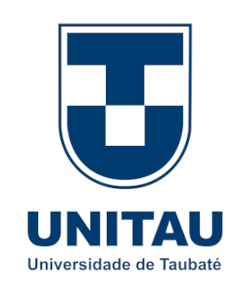The knowledge of the women of the Land in Nazaré Paulista
Abstract
This paper presents the research “Women from the Land who feed life: formative spaces and times for knowledge education in Nazaré Paulista”. The study dealt with the knowledge necessary to integrate life with nature, in Nazaré Paulista. The territory is relevant for water security issues, with reservoirs to supply water to the population of São Paulo metropolises. The women who live there have a vast repertoire of traditional and ancestral knowledge that are important for the life of rural communities and for environment conservation. The methodology adopted was research-training, which welcomes narratives and proposes an integrative dynamic, allowing a reflection on the trajectory of these women. Five women over 60 years of age participated, who live or have lived most of their lives in the rural area of Nazaré Paulista. The research included a (self) biography of the researcher, also a farmer and resident of the territory, aiming to highlight the relevance of local experiences and traditional and ancestral knowledge, necessary for the maintenance of the natural and cultural attributes of the territory. With a decolonial and gender perspective, the works by Acosta (2016) and Krenak (2019, 2020, 2021 and 2022) are the main theoretical frameworks, articulating the concept of Good Living and the importance of forest conservation. The results point to the non-formal training process, which supports local cultural practices and are essential for the conservation of the territory's natural and cultural riches.
Keywords: Education of knowledge. Women of the Land. Ecology of knowledge.






